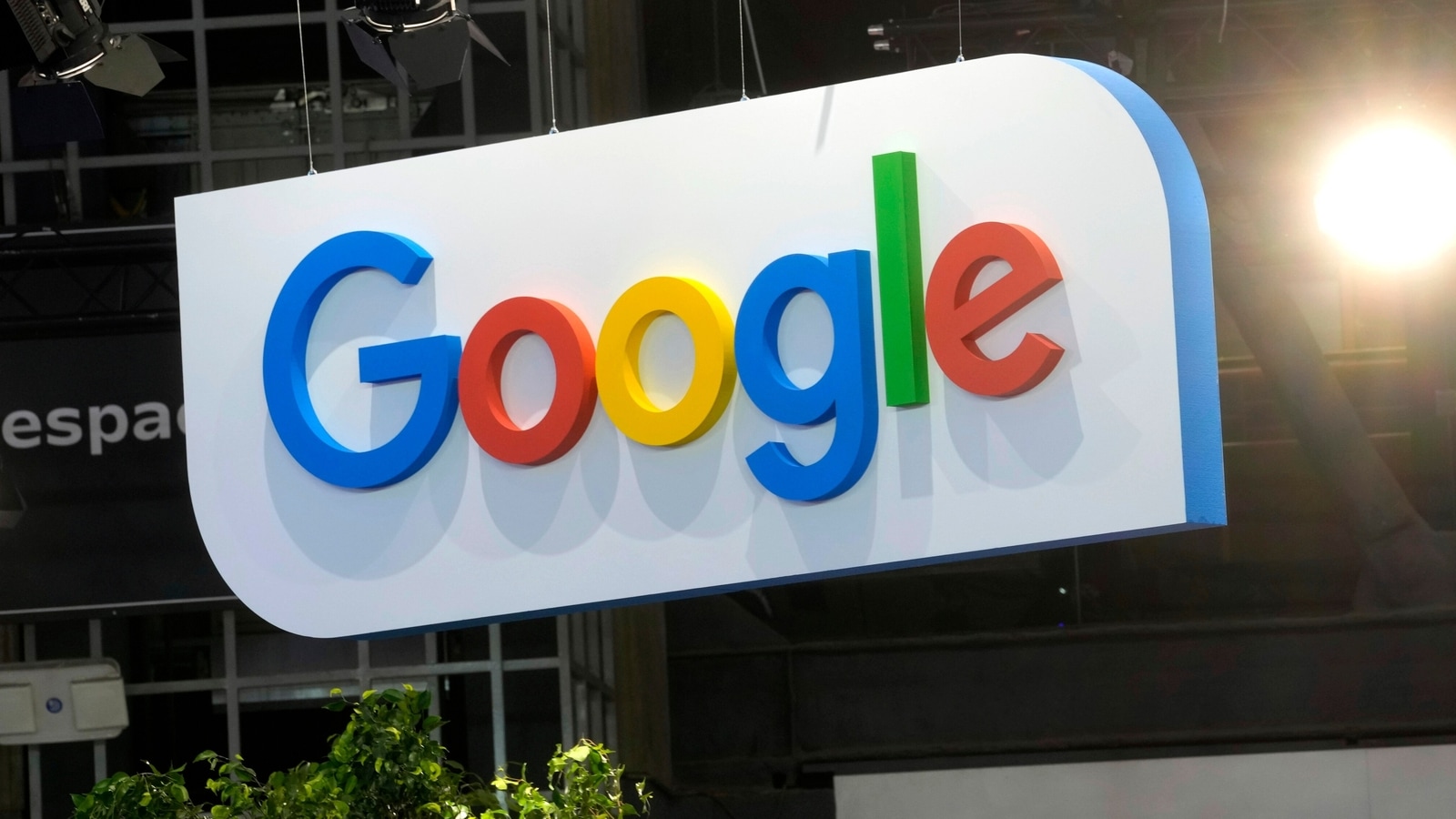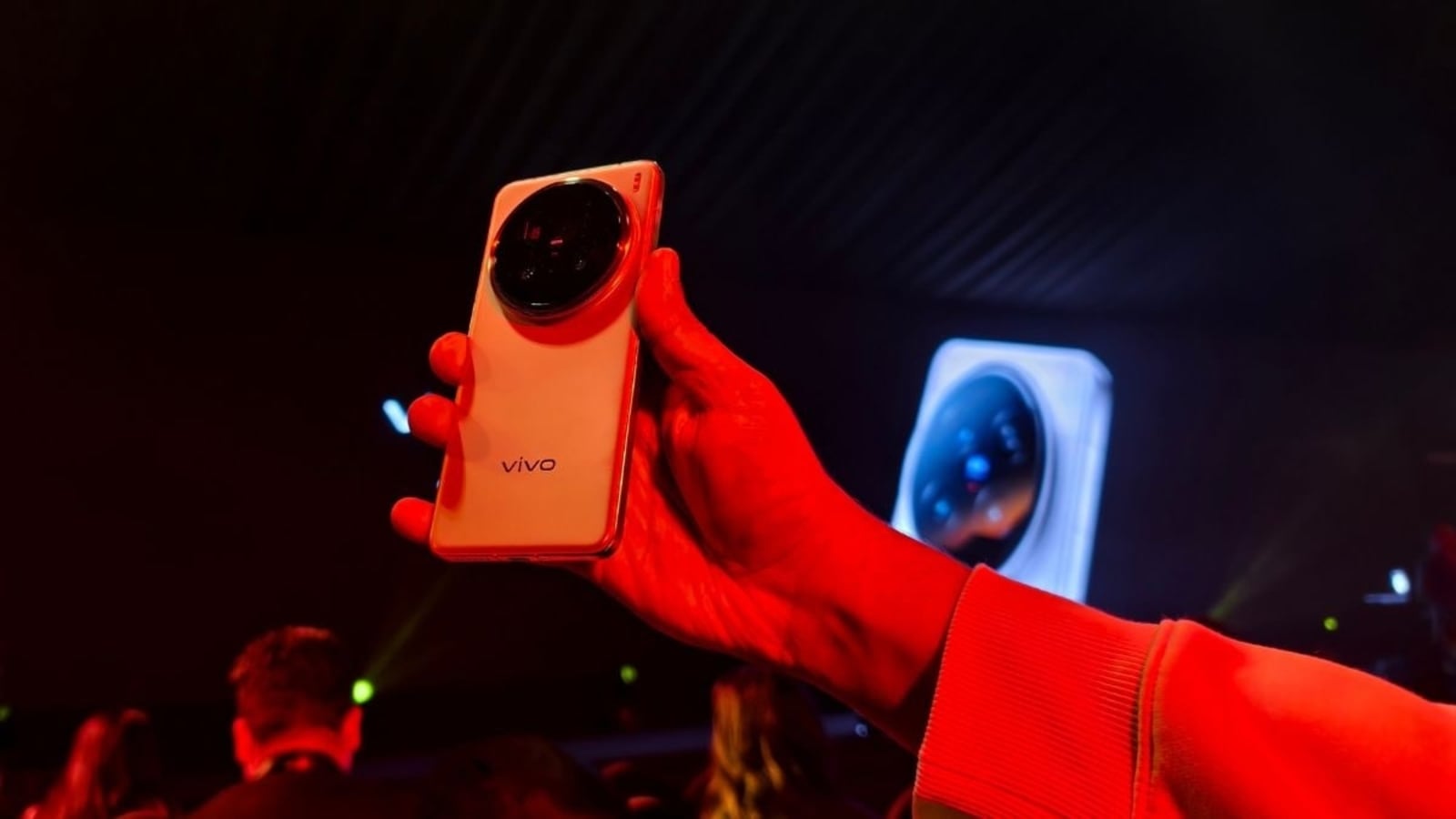Google has been optimistic about artificial intelligence for several reasons, one of which is its real-world implementation and its potential to help people lead more comfortable lives. The company is now partnering with Indian organisations like Forus Health, and AuroLab—to increase the frequency of screening for diabetic retinopathy. Additionally, Google has collaborated with Saahas Zero Waste to boost the waste sorting prowess, and even helping farmers get detailed insights about their own farms though machine-learning.
The recent announcements build upon those made at the Google for India event this moth, where the company showcased the tangible benefits of AI, especially for countries like India.
Also Read: iPhone SE 4 launch in 2025: What you can expect from Apple’s powerful mid-ranger
Google AI To Help Detect Diabetic Retinopathy In India
One key focus for Google in India is improving health screenings, with a significant boost in diabetic retinopathy screenings. For those unfamiliar, diabetic retinopathy is a progression of diabetes disease that can lead to blindness if left untreated, making early detection on a large scale crucial. To address this, Google has increased its efforts by licensing its AI model for diabetic retinopathy to several healthcare providers and health tech partners in India, including Forus Health, AuroLab, and Perceptra in Thailand. The initiative is expected to support around 60,000,00 AI-assisted screenings in India and Thailand over the next decade, with no cost to patients, particularly in resource-constrained communities.
Google also claims that its AI model has already facilitated over 6,00,000 screenings in clinics worldwide.
AI For Helping Sort Waste, Identifying Recyclable Materials
In terms of sustainability, Google highlights another major use case of AI and machine learning: waste management. The company has partnered with Saahas Zero Waste, a Bangalore-based environmental and social enterprise. Google is going to be using its CircularNet model, an open-source machine learning solution that helps in sorting plastic waste, improving recycling processes, and reducing stress on landfills.
CircularNet, powered by TensorFlow, Google’s free and open-source machine learning library, has been trained on global datasets. It helps with quality control and checks the quantity of waste before sorting. Saahas Zero Waste claims that this model can achieve 85% accuracy in detecting plastic waste, boost recognition of high-quality recyclable materials, and generate a 10-12% increase in revenue. Additionally, it is estimated that around 90% of recyclable waste can be diverted from landfills thanks to this implementation.
Also Read: Infinix Zero Flip review: Offers style, substance and function at a great price
Agriculture Sector To Get A Boost As Well
Agriculture is another area that Google claims its AI has a big use case. Google plans to open its Agricultural Landscape Understanding API (ALU API) to developers—enabling farmers across India to gain more detailed insights at an individual farm level. This will be achieved by combining satellite imagery with machine learning models to identify fields, water bodies, and vegetation boundaries.







